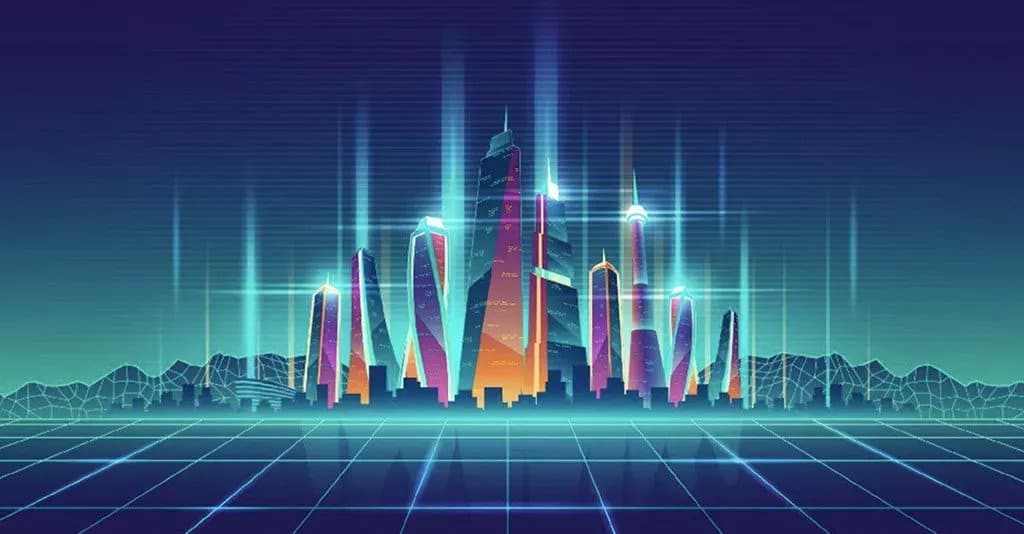Dubai is seeking to consolidate its status as a global capital of advanced technologies, primarily artificial intelligence (AI) and Web3 through the Dubai’s Metaverse Strategy (DMS).
The DMS was launched on Tuesday by Sheikh Hamdan bin Mohammed bin Rashid Al Maktoum, Crown Prince of Dubai and Chairman of Dubai Executive Council.
The emirate is home to three free zones dedicated to the Web3 and crypto ecosystem: Dubai World Trade Centre (DWTC), Dubai International Financial Centre (DIFC), and the Dubai Multi Commodities Centre’s DMCC Crypto Centre.
Dubai is already home to more than 1,000 companies in the metaverse and blockchain sector. As the city attracts new players, the sector’s current contribution of US$500 million to the economy is estimated to increase significantly.
The DMS aims to support more than 40,000 virtual jobs by 2030 and add $4 billion to Dubai’s economy in five years.
The emirate has announced the formation of a Higher Committee for Future Technology and Digital Economy chaired by Sheikh Hamdan.
The committee will design policies, analyse trends and supervise the implementation of strategies related to the digital economy and future technologies, including the metaverse, AI, blockchain, Web3, virtual reality (VR), augmented reality (AR), the Internet of Things (IoT), data centres and cloud computing.
Dubai’s specialist Virtual Assets Regulatory Authority (VARA) has formulated a Test-Adapt-Scale model that has proven to be a compelling proposition for global future economy companies. The model has become a magnet for net-zero, high-value-add, technology-driven firms that are migrating to Dubai.
Among significant players moving to Dubai to join the VARA’s exclusive regime open to a limited number of licensees are some of the world’s largest virtual assets exchanges, such as Binance, FTX, crypto.com, Coinbase and Bybit. This is in addition to traditional finance icons offering DeFi (decentralised finance) solutions like Galaxy Digital, Komainu, and Brevan Howard, native crypto service providers, and home-grown virtual assets enterprises like BitOasis and CoinMENA.
Experts envision Web3 as the decentralised and democratised version of Web2, the current iteration of the Internet. Many believe it will include “crowd-owned” social media platforms, search engines and marketplaces, replacing the current “corporate-owned” format.
“Virtual assets are transforming the financial world and are set to be the primary drivers of the future global economy,” Helal Al Marri, Director-General of the Dubai World Trade Centre Authority, which houses VARA, said. “The VARA regime is structured to catalyse collaboration and prioritise public protection.”

